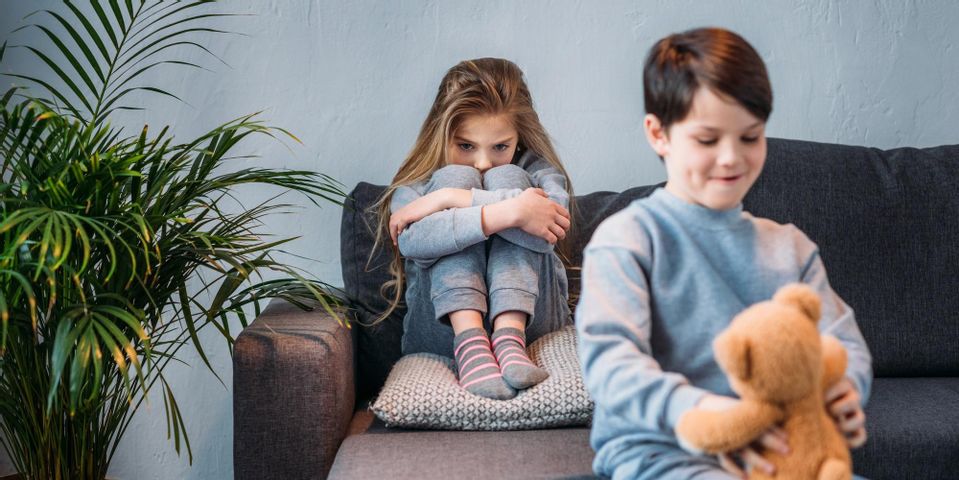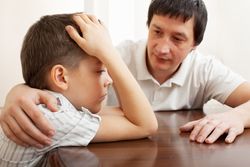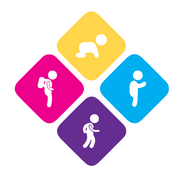A Guide to Seasonal Depression in Kids

Depression in kids is less well known than in adults. Over 3% of kids in the U.S.—nearly one in 30—are diagnosed with clinical depression; the undiagnosed number may be even higher. Unfortunately, seasonal affective disorder (SAD) can be especially hard to spot because it comes and goes. The guide below looks closer at this condition so that parents can be on the lookout.
What Is It?
SAD causes mood changes at about the same time every year. It most commonly starts in the fall and continues through winter, but some people experience a downswing in spring or summer instead. It is often triggered by the longer or shorter days of these seasons, giving your child more or less exposure to sunlight.
Signs & Symptoms
 During the affected period, your child will experience all the symptoms of clinical depression. This includes low mood and energy, disinterest in activities, sleep and appetite changes, potential crankiness, and difficulty concentrating. These symptoms are not necessarily associated with any notable event that might cause a poor mood. They are also long-lasting, extending for two weeks or more, before retreating with the change of seasons.
During the affected period, your child will experience all the symptoms of clinical depression. This includes low mood and energy, disinterest in activities, sleep and appetite changes, potential crankiness, and difficulty concentrating. These symptoms are not necessarily associated with any notable event that might cause a poor mood. They are also long-lasting, extending for two weeks or more, before retreating with the change of seasons.
Common Treatments
Because seasonal depression in kids and adults is associated with getting less sunlight, one of the simplest ways to make people feel better is by encouraging them to go outside during the day. Since this is not always possible due to the weather, invest in full-spectrum light bulbs indoors that imitate sunlight.
Light therapy or phototherapy takes the same approach but uses an even stronger lightbox or panel. Children should bask in its glow for about 45 minutes each day.
These treatments may be enough on their own but can also be combined with medication and talk therapy to increase their effectiveness.
If you’ve noticed the signs of seasonal depression in your children, turn to Children & Adolescent Clinic PC in Grand Island and Hastings, NE. Their staff includes nine highly trained, skilled, and committed pediatricians and assistants who are available 24/7 to help with your child’s physical and mental health, as well as providing patient and parent education. For questions about depression in kids, call (402) 463-6828. Visit the website for more on their offerings.
About the Business
Have a question? Ask the experts!
Send your question

